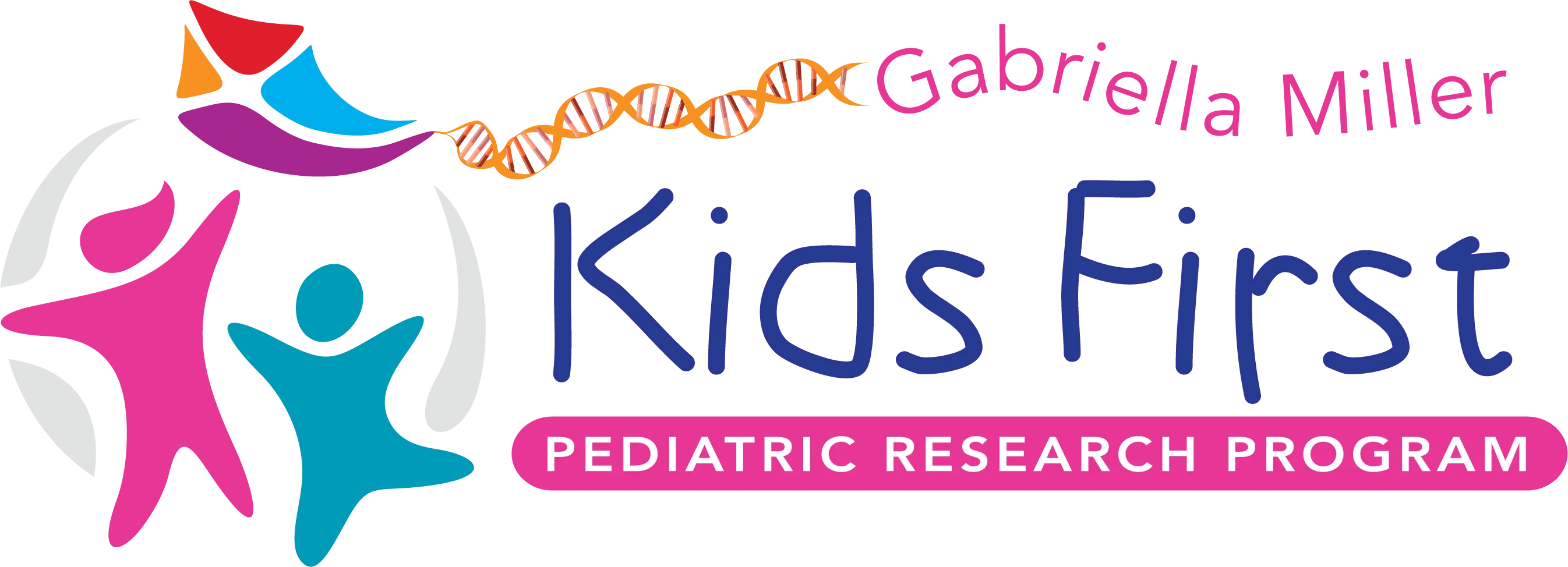
Introduction
Down syndrome (DS) is one of the strongest risk factors for acute myeloid leukemia in children, which is preceded by a transient leukemia driven by somatic mutations in the GATA1 gene. This study was funded by the Kids First and INCLUDE programs to generate whole-genome sequencing data from a long-standing and well-phenotyped collection of newborn blood samples from 436 individuals with DS from the Oxford Down Syndrome Cohort Study, to advance our understanding of biological factors associated with transient leukemia in DS.
These data will enrich the INCLUDE Data Coordinating Center as it continues to create a rich resource for future analysis and study. All data generated through this study will be made accessible within dbGaP and the Kids First Data Resource Portal.
Principal Investigators
de Smith, Adam Roberts, Irene
About
The Gabriella Miller Kids First Pediatric Research Program (Kids First) is a trans-NIH effort initiated in response to the 2014 Gabriella Miller Kids First Research Act and supported by the NIH Common Fund. This program focuses on gene discovery in pediatric cancers and structural birth defects and the development of the Gabriella Miller Kids First Pediatric Data Resource (Kids First Data Resource).
This project is a collaboration with the trans-NIH INvestigation of Co-occurring conditions across the Lifespan to Understand Down syndromE (INCLUDE) Project, which seeks to improve health and quality-of-life for individuals with Down syndrome.
Down syndrome (DS) is associated with a remarkably high risk of childhood acute myeloid leukemia (AML), with an approximately 500-fold increased risk of the rare subtype acute megakaryoblastic leukemia. Though largely treatable, a proportion of myeloid leukemia in DS (ML-DS) patients relapse with dismal survival. ML-DS is preceded by a preleukemia, transient abnormal myelopoiesis (TAM), which presents clinically at birth and is driven by somatic truncating mutations in the erythro-megakaryocytic transcription factor gene GATA1. Up to 25-30% of DS newborns harbor clonal or subclonal GATA1 mutations (i.e., transient leukemia), of which up to 15% will acquire additional somatic mutations and progress to ML-DS. We predict that germline variation modifies the risk of developing somatic truncating GATA1 mutations (transient leukemia), the first step towards ML-DS, however this has yet to be examined.
To address this, in this joint Kids First/INCLUDE project, whole-genome sequencing (WGS) has been performed for 436 newborns with DS from the Oxford Down Syndrome Cohort Study (ODSCS), which will enable the first genetic association study of GATA1 mutations in DS. Targeted sequencing of GATA1 has already been performed in the 436 DS newborns in the ODSCS, with 106 (24%) confirmed to harbor a somatic truncating GATA1 mutation. The main objective of this study is to assess genetic variation associated with GATA1 mutations in DS. Discovering genetic risk factors for GATA1 mutations in DS may reveal targets for new targeted therapies for TAM, and also inform the etiology of ML-DS as well as AML in the non-DS population.
Finally, the ODSCS includes rich phenotypic data for the 436 DS newborns, including clinical diagnosis of TAM and other hematologic complications, complete blood counts, maternal pregnancy complications, and information on congenital heart disease and other birth defects. WGS data in DS newborns from the ODSCS will providea rich resource for the DS research community.